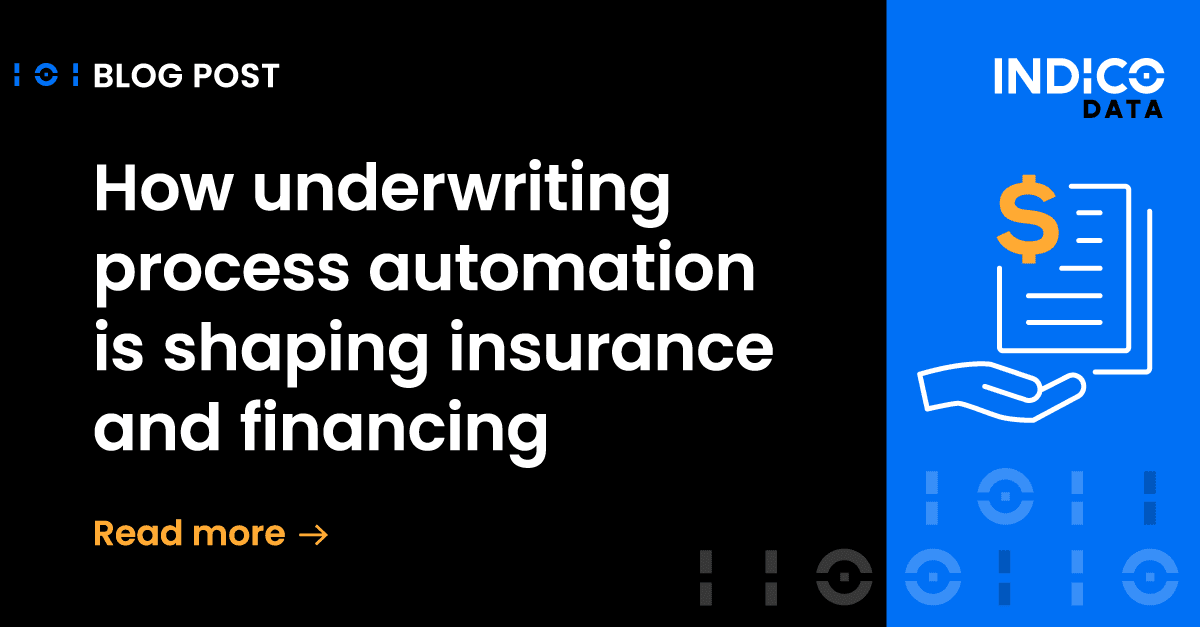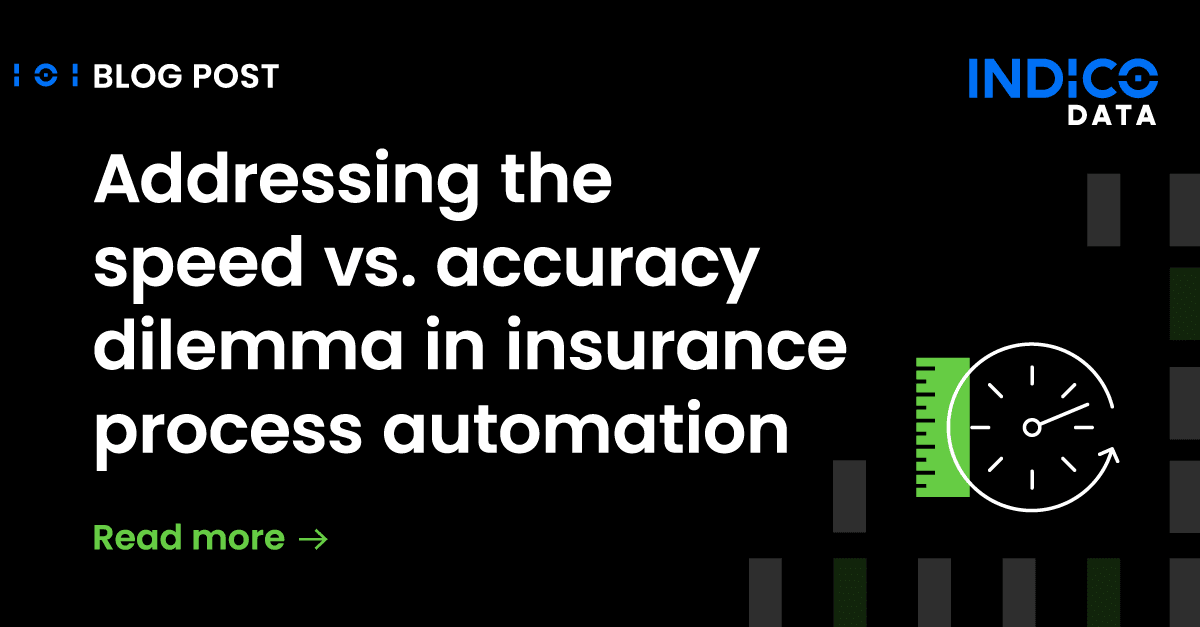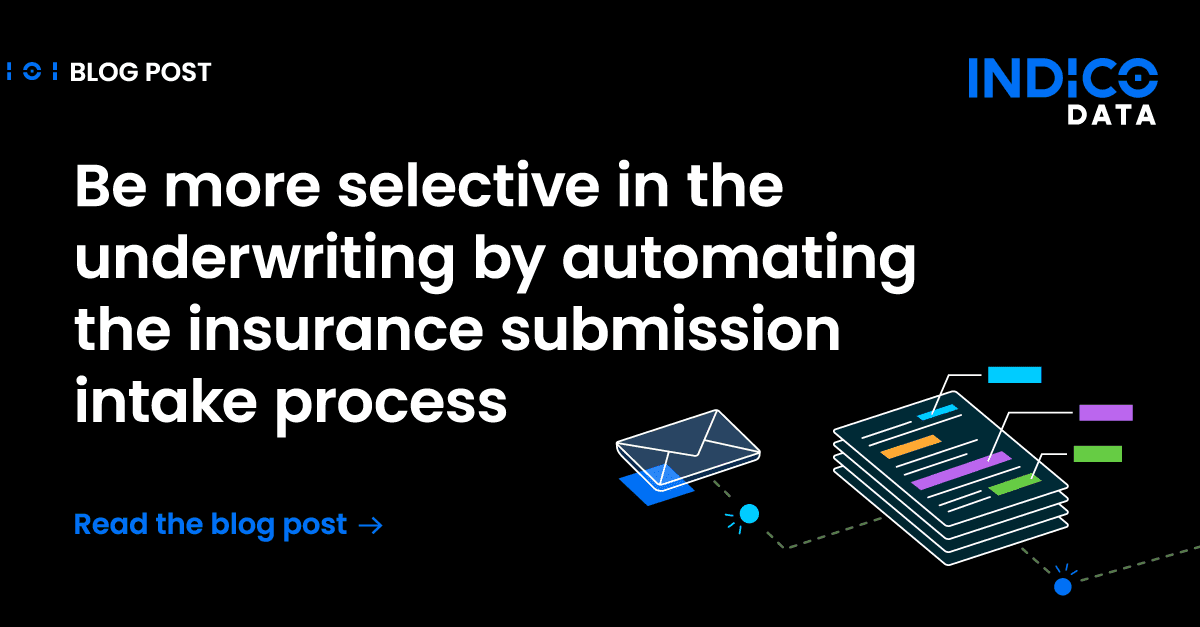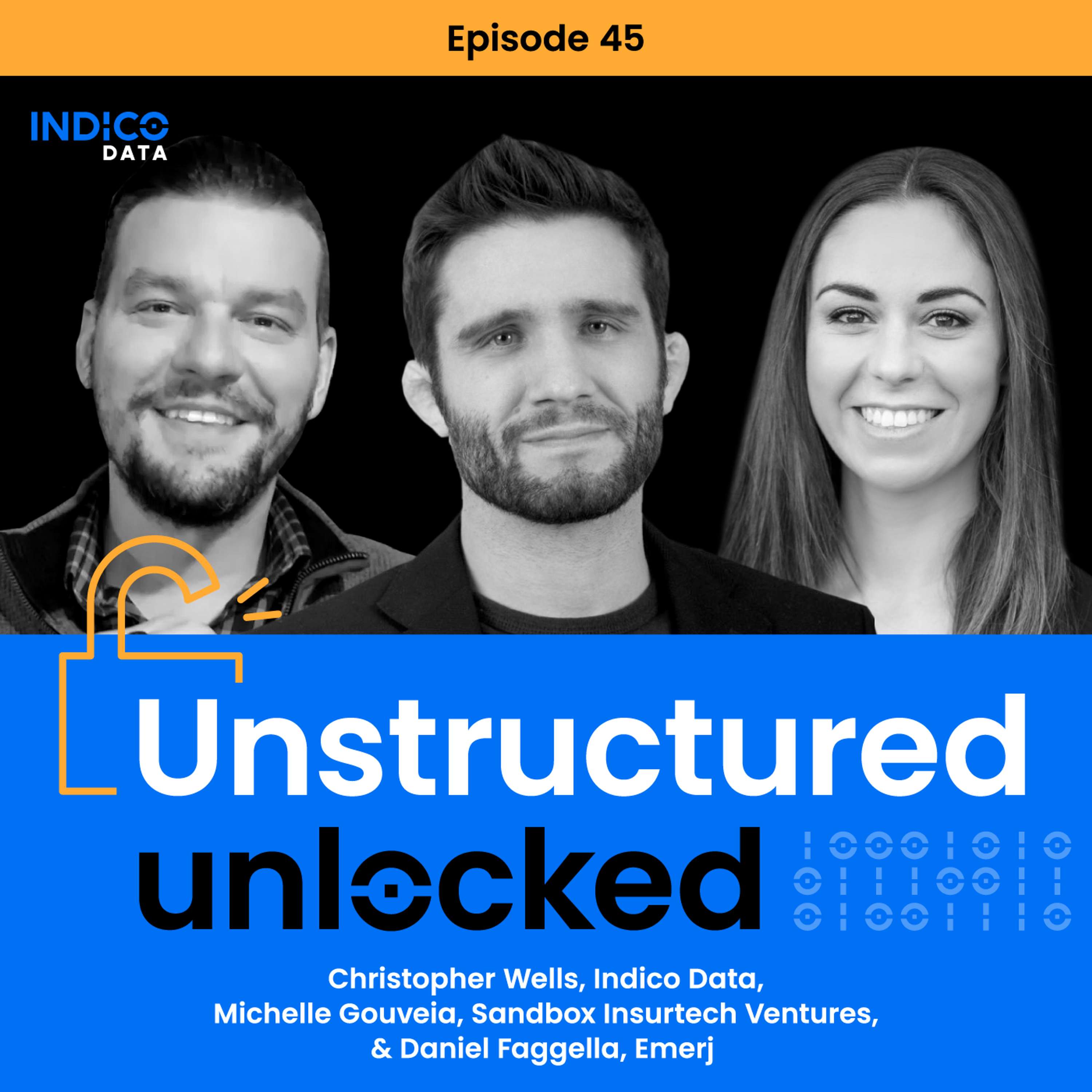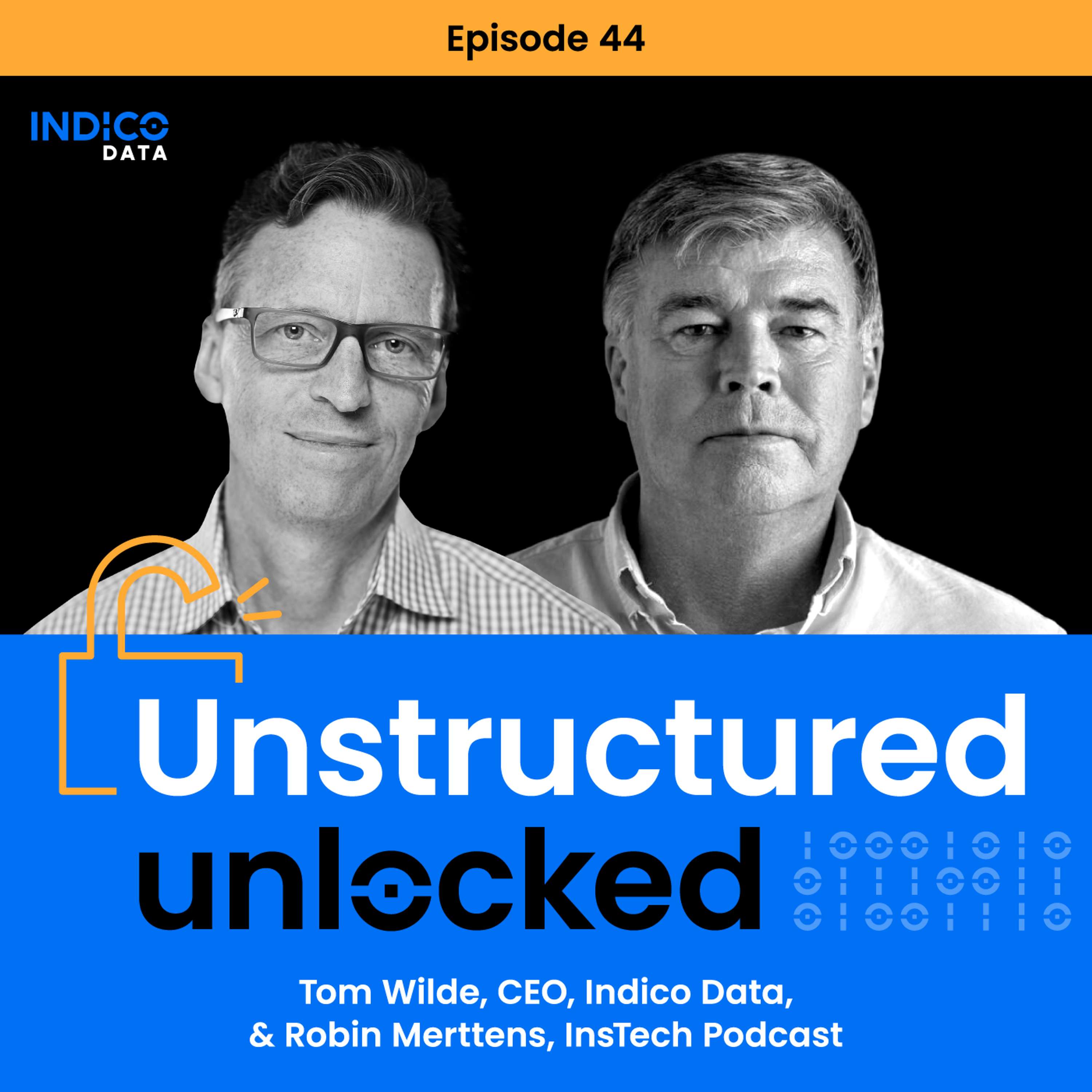Large enterprises quickly hit limitations with robotic process automation (RPA) when it comes to automating processes involving documents, but find multiple paths to a good return-on-investment and no shortage of use cases when they employ an intelligent automation tool that can bring a deeper level of cognitive capability.
Those were just a few of the takeaways from a conversation I had with Brandi Corbello, VP of transformation at the commercial real estate giant Cushman & Wakefield, during the recent Intelligent Automation Network Virtual Conference.
Corbello came to Cushman & Wakefield about 2 years ago, charged with thinking about how to apply RPA and automation to the firm. Being a commercial real estate firm, however, means dealing with an enormous amount of paper documents – purchase and sale agreements, appraisals, mortgage documents, legal documents and the like.
Learn how Cushman & Wakefield Moved Beyond RPA to Solve Their Unstructured Data Challenges, schedule your demo today.
Limitations of RPA surface quickly
It didn’t take long for her to realize that RPA and other rules-based approaches would not suffice. “About 3 to 6 months down the path of implementing RPA, we realized we needed document understanding to realize value,” Corbello told me. So, she quickly pivoted and began seeking out tools that could add artificial intelligence capabilities such as natural language processing and machine learning – required technologies for automating processes involving unstructured content.
On its own, RPA was unable to handle unstructured content, which accounts for the vast majority of all content at Cushman. Even documents that may appear to be structured or at least semi-structured, such as an invoice, present challenges. “I’d say they’re unstructured because you’ve got thousands of vendors that all format invoices differently, use different types of words and formats,” she says. (It’s a good point, and one that we covered in this previous blog post on structured vs. unstructured content.)
Cushman wanted to achieve end-to-end process automation, with a human in the loop when necessary. With RPA, a process would reach a dead end where a human would have to step in, perform some functions, and trigger the RPA bot to start up again. “We don’t want to do that. We want the person to interact with automation when they need to and let the automation pick up from there,” she said.
When selecting an automation tool, Corbello said Cushman & Wakefield put a premium on the ability to address a variety of use cases, vs. picking point products that could each handle only one or two use cases. The tool also had to be simple enough to use such that business users could contribute to automation projects, including training models to automate processes they are most familiar with. The company could then use that single tool to drive automation throughout the organization with a consistent approach.
Finding process automation use cases
The company settled on the Indico Intelligent Process Automation platform, and the strategy has paid off. Now, Corbello has a subject matter expert on her team dedicated to Indico who understands the platform so thoroughly the company can deploy pilot projects in as little as three weeks. “We’re able to stand things up pretty quickly,” she told me.
And use cases are not hard to come by, thanks in part to the approach Corbello and her team took. Each member of her team is “embedded” to one or more business units so they understand what each one does, what kind of documents they deal with and the like. As her analysts get closer to the business, they start to see where automation can add value.
“Then we’ll do a demo or pilot and we’re off to the races. Light bulbs go off. ‘It could do this for us,’” she says. “Continuous education and having the team partner with different business units has enabled everyone to understand what [automation] is and how it can help them.”
Two-fold ROI from intelligent automation
Intelligent document processing tends to deliver ROI from two areas, Corbello explained.
The first is labor savings, including the re-investment of labor. If an automated process can reduce by 40% the time someone spends reviewing documents, that time can be dedicated to other activities that deliver higher value. (We explore the concept of process acceleration in this blog post.) Additionally, if automation can reduce the time required to hire someone in a revenue-generating role such as sales, the company can recognize value from that employee sooner.
Secondly, some 80% to 90% of all the data Cushman deals with is unstructured. “And it’s our most valuable data because it’s daily transactions,” Corbello told me. If the company can transform that data into a structured format, it can more easily take action on it.
“Then we’ve created a new benefit not just for us but potentially for clients because we have a full understanding of all this data that we didn’t have access to before,” she says. “That data is rich. It could enable new products and differentiate us.”
These were just a few of the topics we discussed. Others included driving out bias from AI models and the growing importance of blockchain technology. To view my full interview with her, you can watch the below video.
If you’d like to explore what kind of ROI the Indico IPA platform can deliver for your organization, click here to arrange a demo. Or, feel free to contact us with any questions.
